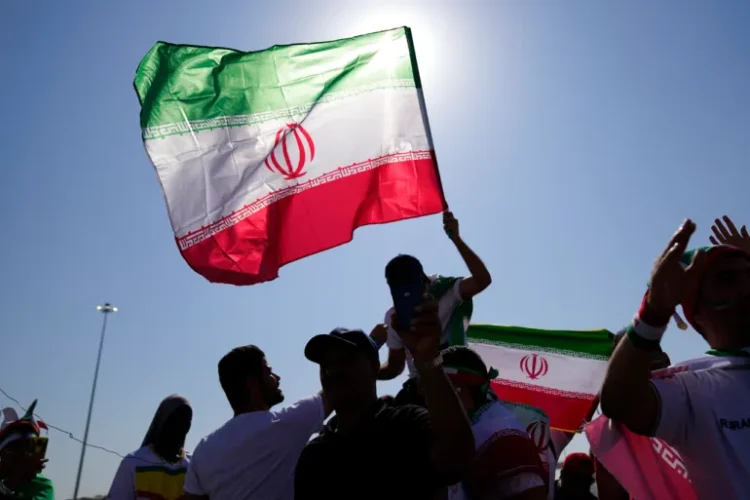On October 9, 2023, the top general of the United States Army warned the Islamic Republic of Iran from supporting or getting involved in the Israeli crisis and said that he did not want the conflict to broaden as the Lebanese Shiite militant group Hezbollah fired a salvo of rockets onto Israel.
Earlier the same day, the White House said that Iran was complicit even though the United States of America has no intelligence and evidence that points to Iran’s involvement or direct participation in attacks on the Jewish nation by the Palestinian terror entity called HAMAS.
The Message
Asked what his message for Iran was, the US top military officer, General Charles Q. Brown and the Chairman of the Joint Chief of Staff said: “Not to get involved.” Continuing further, he said, “We want to send a pretty strong message. We do not want the conflict to broaden, and the idea is for Iran to get that message loud and clear,” Brown told a small group of reporters travelling with him to Brussels in his first public commitments since being confirmed to the job last month.
“It sends a very strong message of support for Israel. But it is also a strong message of deterrence to contain broadening this particular conflict, Brown said. He compared HAMAS’s actions to those of Islamic State militants.
Friction between Israel and Hezbollah
Israel’s shelling on Lebanon on October 9, 2023, killed at least three Hezbollah militants, and Israel said that one of its officers was killed during an early cross-border raid claimed by Palestinians in Lebanon. The cross-border violence marked a significant expansion of a conflict between Palestinian Militants and Israel in Gaza to the Israel-Lebanon further north. Iran-backed Hezbollah and Israel have fought a brutal month-long war in the year 2006.
Iran- Israel Enmity
Iran’s Islamists consider Israel as an illegitimate state that has usurped Muslim-Arab lands and driven the Palestinians from their homeland, They believe that Israel should be replaced by a non-denominational state where Jews and Arabs are treated as equals. Prior to the Islamic Revolution of 1979, Iran and Israel had cordial relations. But ever since Ayatollah Ruhollah Khomeini came to power after the revolution, the relations turned sour.
Iran has been fighting a proxy war against Israel through proxy groups such as Hezbollah in Lebanon and HAMAS and others. Tehran considers Israel as an American client state, hostile to Muslims. According to Jonathan Spyer, the director of research of the Middle East Forum, Iran seeks to “defeat Israel by a thousand cuts.”
Main Objectives
The main aim of HAMAS is to completely annihilate Israel and other powers in the region, such as Iran providing covert as well as overt support to HAMAS and Hezbollah, to state a few. Tehran is showing increasing willingness to damage US allies and, in effect, wishes to weaken US influence through proxy groups.
“They intend to reduce the morale of Israelis, to cause Israelis to lose faith in their institutions, to cause Israelis to quit Israel,” said Spyer. “That is the reason why they’re backing Hamas. That is the reason why they created Hezbollah. They intend to try to surround Israel with what we would call hybrid military forces.”
Iran has denied any role in the brutal surprise attack by Hamas but has welcomed the news, reportedly with celebrations of what Iranians are calling a Palestinian victory.
Impact on Saudi-Israel Relations
According to Asher Kaufman, the associate professor of history and peace studies at the University of Notre Dame, believes that efforts to normalise relations between Saudi Arabia and Israel have become more tough and complicated after the sudden strike by HAMAS on Israel.
“I don’t think Saudi Arabia is able to work on normalising relations with Israel so long as the war in Gaza takes place,” he said. “It might repair the relations and resume this possibility after this war is over, but not now. I do not see it happening now.”




















Comments